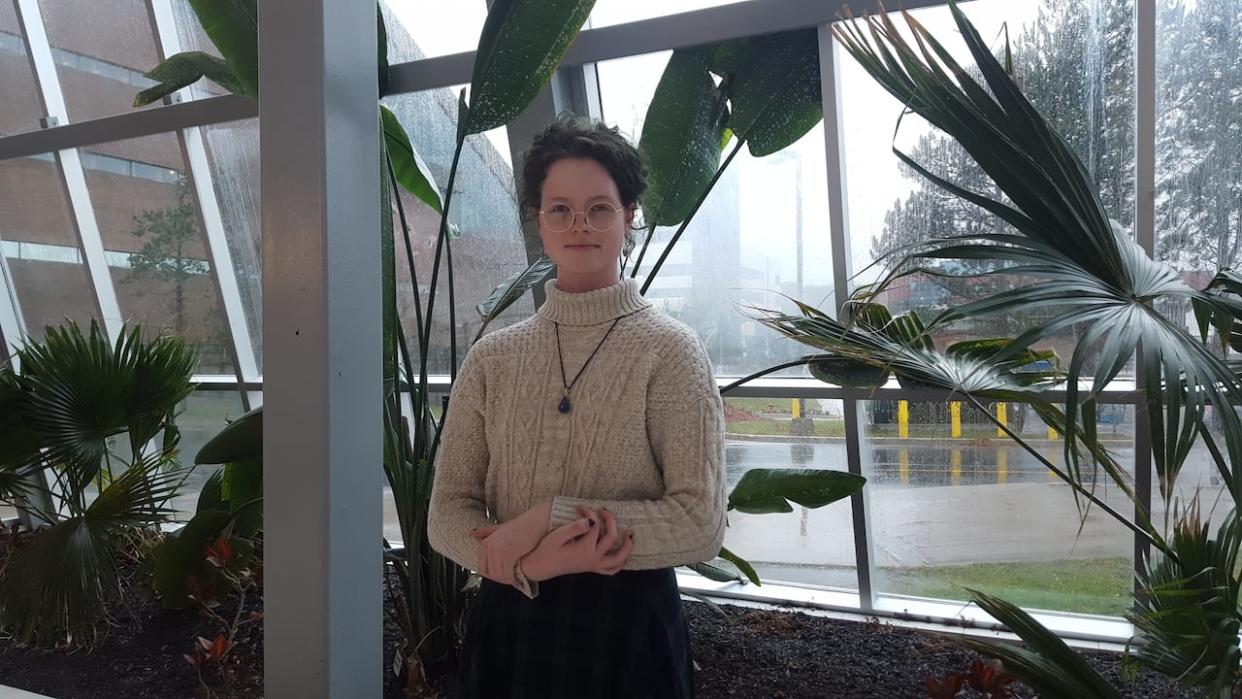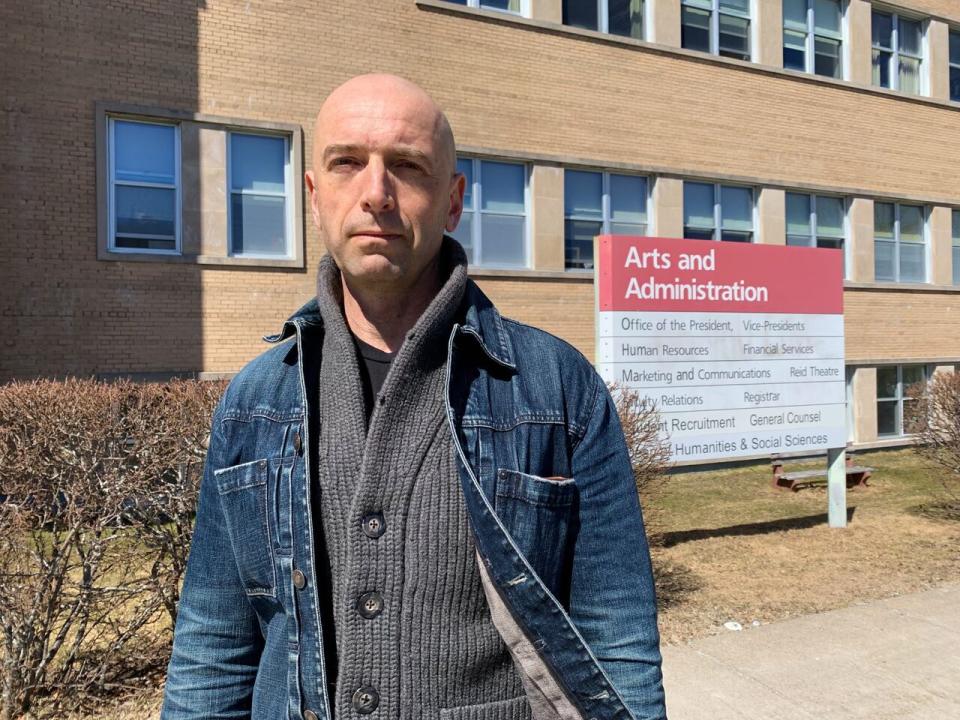Are students taking artificial intelligence too far? Accusations of plagiarism are up at MUN

Artificial intelligence can be a great tool, especially for university students. But at Memorial University, AI is starting to cause a lot of confusion over what's considered plagiarism.
Programs like ChatGPT and Grammarly can really speed things up when writing a report.
The student union has reported a big increase in accusations of plagiarism against students, and it's urging caution to those who choose to use the help of AI.
MacKenzie Broders, executive director of advocacy with MUN's students' union, said a lot of students don't even realize that using an AI tool could potentially land them in hot water.
"[Programs] can be used to check grammar, to check your spelling, your sentence structure, all of those things. It's a great resource for those uses," she said.
"But what's happening is oftentimes ChatGPT or even Grammarly will rearrange your sentences, will maybe present your arguments in a bit of a different way. And as soon as you're taking the text that's being generated by those programs and putting it in your paper, submitting it to a professor, that constitutes academic misconduct."
Worth the risk?
Professors can use online AI checkers to track plagiarism in students' work, but Broders says those tools are often unreliable.
"Within the last week there was a student whose professor ran their assignment through one of these checkers. It came back as potentially AI-generated, and so there was an accusation levelled against the student," Broders said.
"The student went back and said, 'Absolutely not, there is no way that I did that,' and this professor actually rescinded those accusations."
If a professor determines plagiarism was committed, the penalty could range from having to resubmit the assignment to academic probation or even a suspension.

Josh Lepawsky, president-elect of the Memorial University of Newfoundland Faculty Association, says students might want to stay away from tools like ChatGPT until the technology is more reliable. (Ariana Kelland/CBC)
Josh Lepawsky, president of the Memorial University of Newfoundland Faculty Association, doesn't think students are using AI as a replacement for actually doing the work.
"I've really not seen any research that backs that potential concern up with any real solid evidence," he said.
"In particular classes, assignments tend to be much more fine-grained … much more specific. The idea that you could just copy the text of the assignment into ChatGPT and come away with a finished piece of text that you could submit is pretty unlikely."
Broders suggests students simply stay away from AI altogether, at least until there are more reliable methods of using and checking it properly.
Download our free CBC News app to sign up for push alerts for CBC Newfoundland and Labrador. Click here to visit our landing page.

